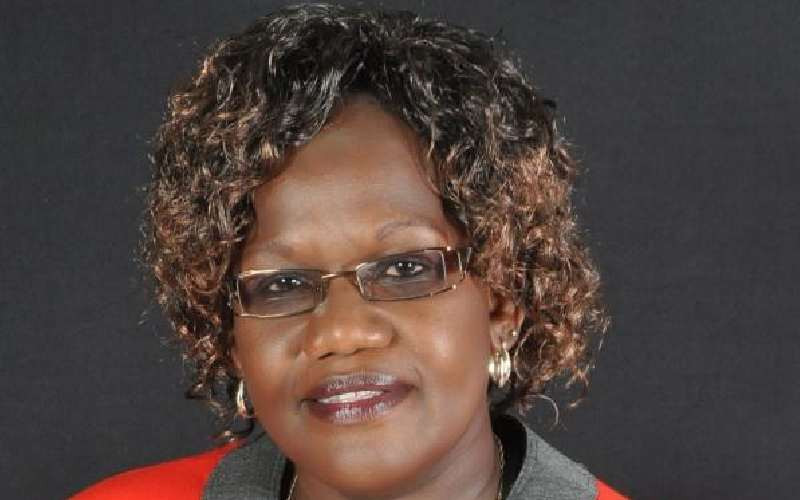×
The Standard e-Paper
Home To Bold Columnists

On September 18, when USA President Joe Biden said, "the pandemic is over," Kenyans might as well have been ahead of him.
A spot check by Health & Science in Nairobi, Nakuru and Eldoret found that a few people were wearing masks. Social distancing has also been disregarded especially in entertainment joints which are full to capacity.